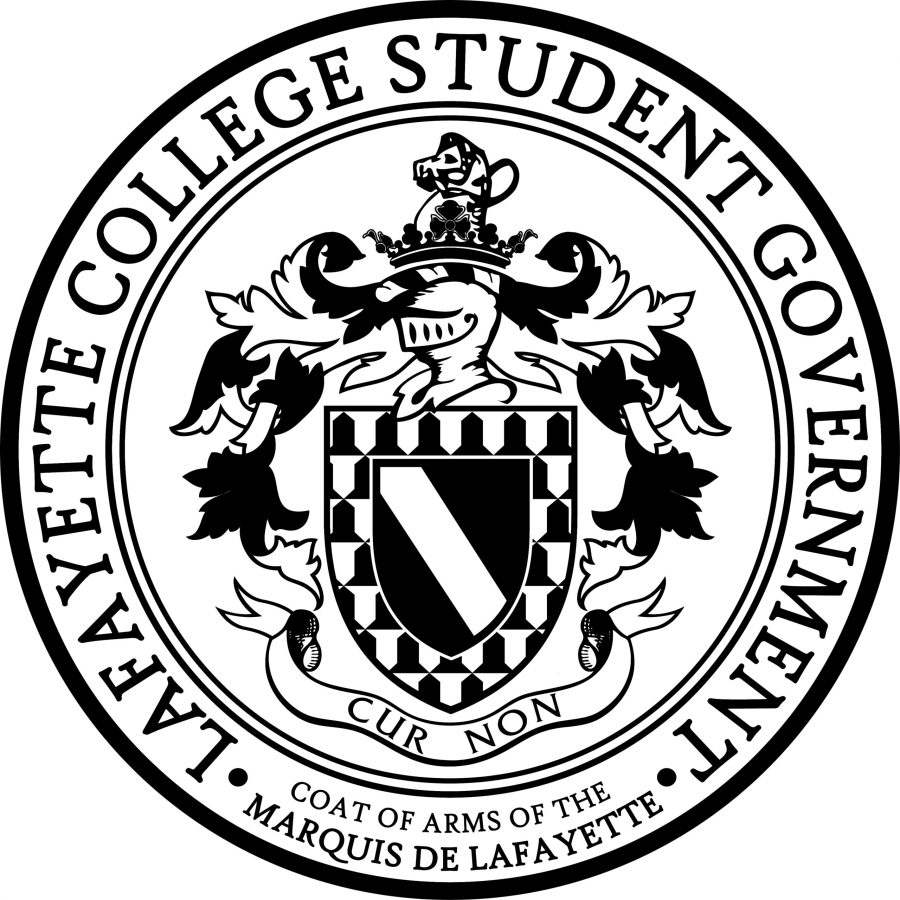Student government has formed a committee which is actively investigating the calls for the impeachment of current Student Government President Mary Zimmerman ’21. With less than a month to the end of the semester, however, an impeachment trial of the graduating senior is highly unlikely.
The formation of the investigative committee comes more than half a year after the first calls for Zimmerman’s impeachment. In fall 2020, the black-led student coalition Dear Lafayette demanded Zimmerman’s impeachment because of her alleged “silence and racist views on the Black Lives Matter movement.” Following personal and logistical delays that slowed Student Government’s progress, the executive board brought official, unnamed charges against Zimmerman in March.
Whether Student Government moves forward with the impeachment process is contingent on the findings of the investigative committee. According to the Robert’s Rules of Order, the parliamentary procedure followed by Student Government, the executive board would vote on whether to hold an impeachment trial after hearing a report of the investigative committee’s findings. If a two-thirds majority of the executive board finds there is grounds for an impeachment trial, then a trial will be held with the Student Government general body.
And if, at the conclusion of the trial, a three-fourths majority vote in favor of impeachment, then Zimmerman would be removed from office, and replaced by current Vice President of Student Government Ross Coleman ‘22.
It remains unclear if the investigative committee will reach a conclusion to inform the executive board by the end of the semester.
“I think it’s really difficult to say [if it will finish] because the investigative committee are supposed to move at their own pace and time. We could have some type of information coming from the investigative committee by the end of the semester,” Thalia Charles ’22, secretary of Student Government, said.
While Charles could not disclose the members of the investigative committee, she noted that they were chosen for their integrity.
“When searching for people to serve on the investigative committee, everyone emphasized impartiality and fairness, the ability to put personal feelings aside and look objectively at the concerns brought before them,” she said.
Even if the investigative committee made their report and Student Government followed through with a decision to go to trial, it is highly unlikely that it would begin, let alone conclude, before the end of the semester.
As the accused, Zimmerman noted that she would have at least thirty days to schedule the trial if the executive board decided to hold one. Considering that she graduates on May 30, however, holding a trial is just about impossible.
“I will note that it’s very unlikely that we will reach a trial since time is against us,” Charles said.
It remains unclear whether Student Government is capable of or even willing to consider the impeachment of a former Student Government president who is no longer enrolled at Lafayette College. This question is one which the incoming executive board would likely have to tackle, Charles said.
“I don’t think anyone has ever introduced or made a motion to impeach in the history of Lafayette Student Government as far as I know, so this is very uncharted territory,” she added.
The prolonged impeachment process has led to criticism of Student Government over the lack of transparency. To that end, the Student Government president-elect and many of the new executive board members campaigned on making the organization more accountable. While Charles said she understands the complaints, she emphasized that certain considerations limited the speed of the entire process.
“Everyone wanted to make sure that fairness and impartiality was upheld and also making sure that we weren’t rushing, so that’s probably why it took us so long to get the investigative committee together. I definitely understand the concerns about lack of transparency from different groups on campus, I think that’s definitely something that next year’s executive board will tackle: how to be more transparent,” she said.
“But I also think that Robert’s Rules place constraints on what we could release to people while impeachment is going on, while the Investigative Committee is currently investigating. I think at some instances it would be improper to influence their investigation by giving too much information out to the general student body,” she said.



























































































































